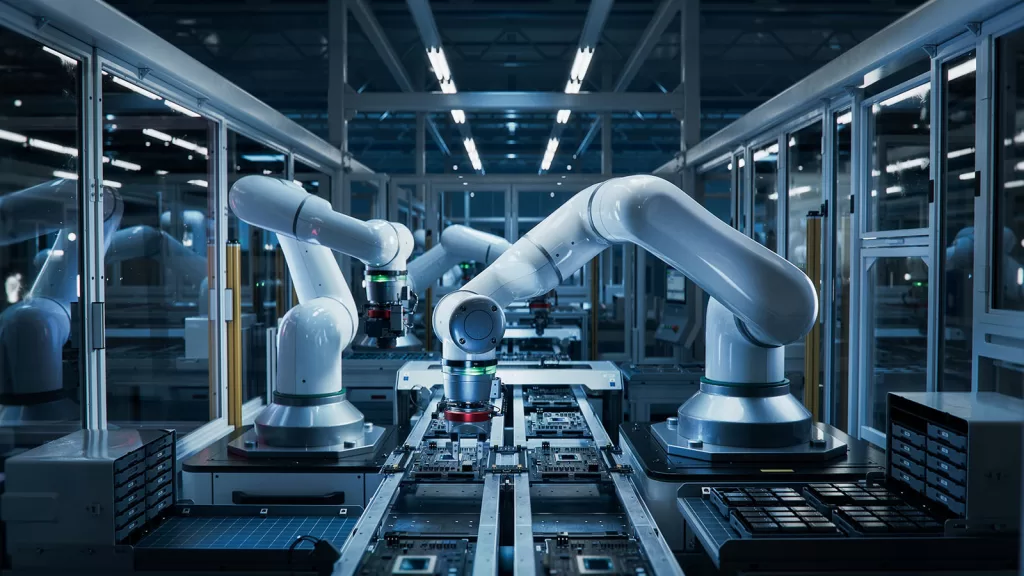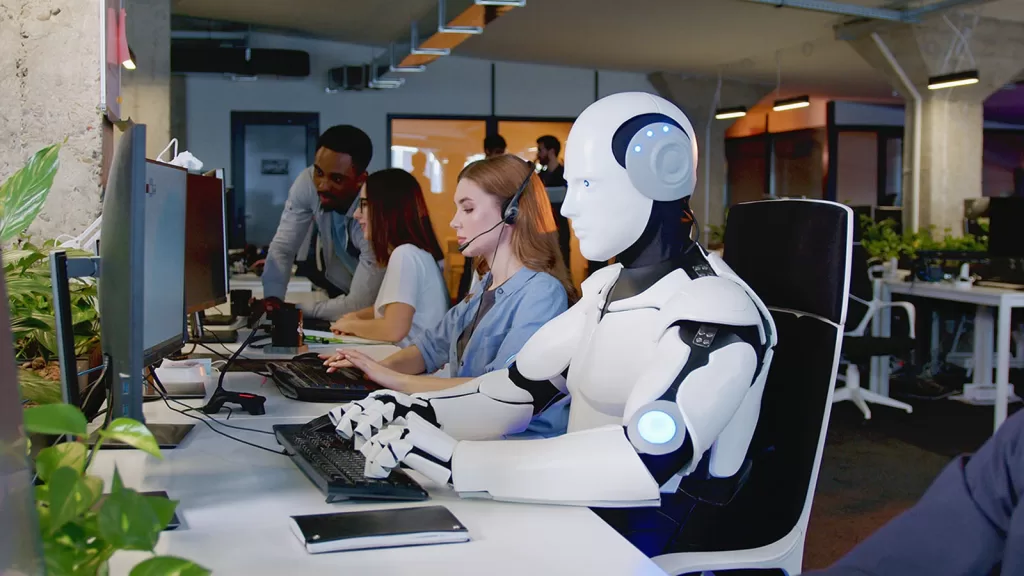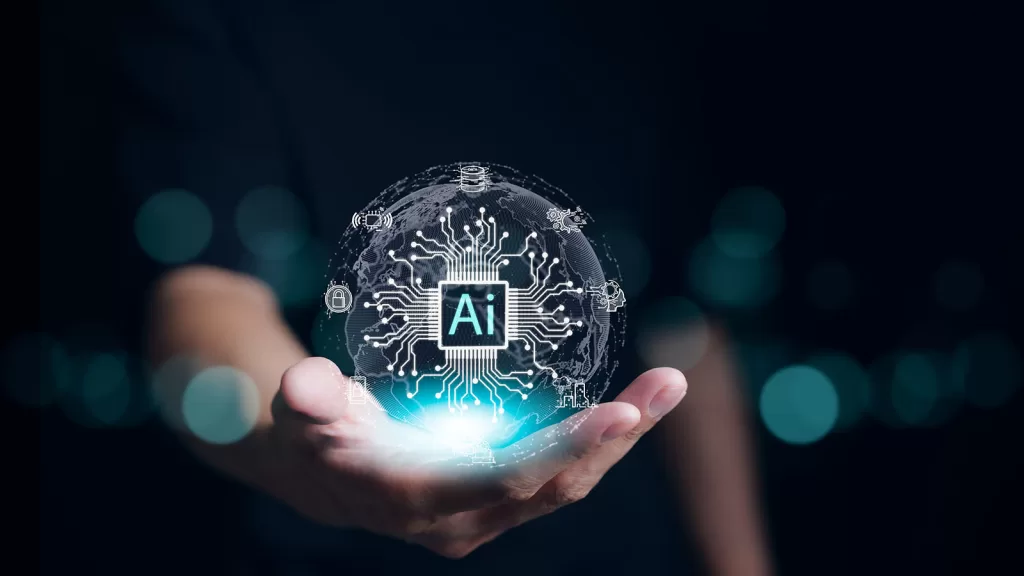Artificial Intelligence (AI) continues to advance rapidly, transforming various industries and impacting the job market. In 2024, several professions are on the brink of significant change as AI technologies become more sophisticated and capable.
Let’s explore the jobs that AI is poised to take over in the near future.
The Evolution of Artificial Intelligence

Before delving into specific occupations, it’s crucial to understand the evolution of AI. Over the years, AI has evolved from rule-based systems to machine learning and deep learning. The ability of AI systems to analyze vast amounts of data and learn from it has paved the way for their integration into diverse sectors.
Customer Service Representatives

One of the professions most likely to face disruption from AI is customer service. AI-powered chatbots and virtual assistants are becoming increasingly adept at handling customer queries, providing instant responses, and even resolving complex issues. This shift not only streamlines customer interactions but also reduces business operational costs.
Data Entry Clerks

Data entry, a repetitive and time-consuming task, is also at risk of automation by AI. Advanced algorithms and machine learning models can accurately input and manage large volumes of data with minimal errors, making them a cost-effective alternative to human data entry clerks.
Transportation and Delivery Services

With the rise of autonomous vehicles and drones, jobs in transportation and delivery services are undergoing transformation. AI-driven systems can navigate routes, avoid obstacles, and optimize delivery schedules, reducing the need for human drivers. This shift not only enhances efficiency but also addresses challenges such as driver shortages.
Routine Healthcare Tasks

AI is making inroads into the healthcare sector by automating routine tasks. Tasks such as medical record-keeping, image analysis, and even preliminary diagnosis can be handled by AI systems, allowing healthcare professionals to focus on more complex and nuanced aspects of patient care.
Manufacturing and Assembly Line Jobs

In manufacturing, AI-powered robots increasingly take on tasks traditionally performed by human workers. From assembly line processes to quality control, AI ensures precision and efficiency, contributing to increased productivity in the manufacturing sector.
Financial Analysts and Advisors

The finance industry is not immune to the impact of AI. Financial analysts and advisors, who traditionally rely on data analysis and market trends, now have AI algorithms that can analyze vast datasets in real-time, providing insights and recommendations for investment decisions. This shift has the potential to revolutionize the financial services landscape.
Retail Jobs

Retail is another sector witnessing the integration of AI technologies. Automated checkout systems, smart inventory management, and personalized shopping recommendations powered by AI are reshaping the retail experience. While AI enhances operational efficiency, it also alters the skill set required for retail jobs.
The Human Touch: Jobs Resistant to Automation

While AI is making strides in various fields, some jobs remain resistant to automation due to the inherent human touch they require. Professions such as counseling, creative arts, caregiving, and roles that demand emotional intelligence and empathy are less likely to be taken over by AI.
Adapting to the Changing Job Landscape

As AI continues to evolve and reshape the job landscape, it’s essential for individuals and industries to adapt. This adaptation involves upskilling and reskilling the workforce to thrive in an AI-driven environment. Educational institutions and training programs play a crucial role in preparing individuals for the jobs of the future.



